OnePlus 12 is out with a massive battery, Snapdragon 8 Gen 3 and improved cameras
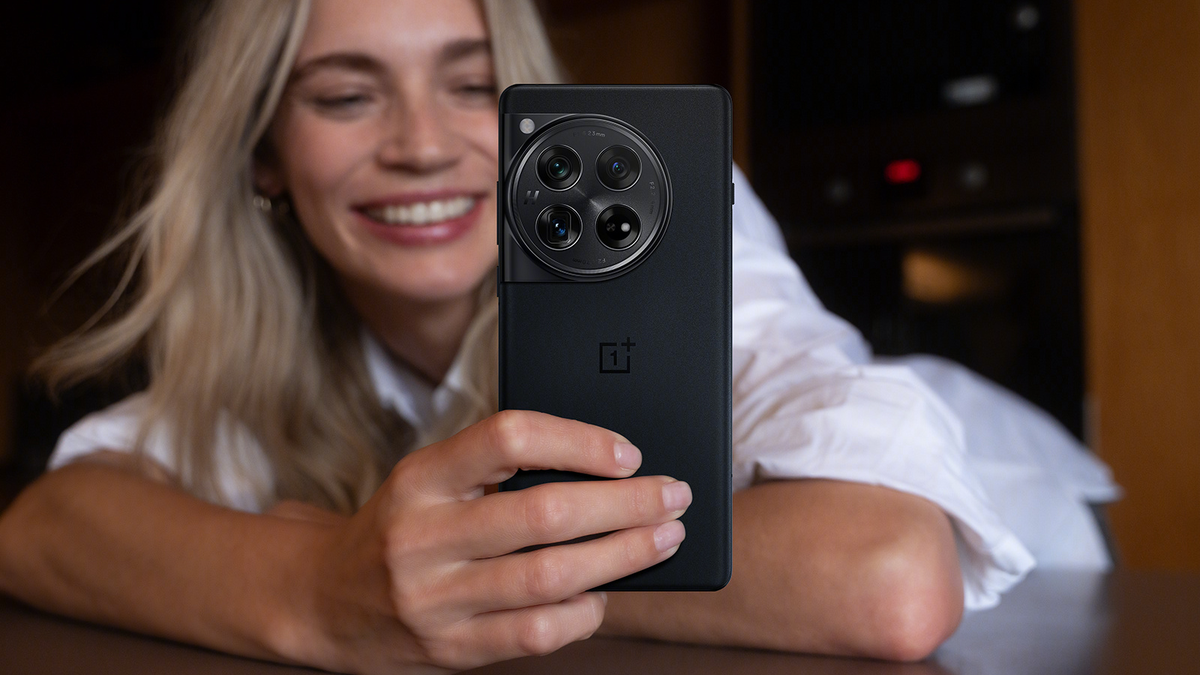
The OnePlus 12 is finally official, and all Android flagship phones have something to worry about, because this model has a very strong package that mounts a challenge even at your top iPhone and Galaxy flagships.
After numerous teasers and leaks, OnePlus finally unveiled the latest and greatest in its lineup - the OnePlus 12. The phone launches in China first, while the global version is expected to premiere in early 2024 with practically identical specs.
Snapdragon 8 Gen 3 and а sophisticated cooling system
The OnePlus 12 features the latest Qualcomm silicon - the Snapdragon 8 Gen 3. We already saw a couple of Gen 3 launches from the Far East but this time OnePlus has coupled this fast processor with a sophisticated cooling system, comprised of a big vapor chamber and a dual-cycle heat dissipation structure.
Improved camera system
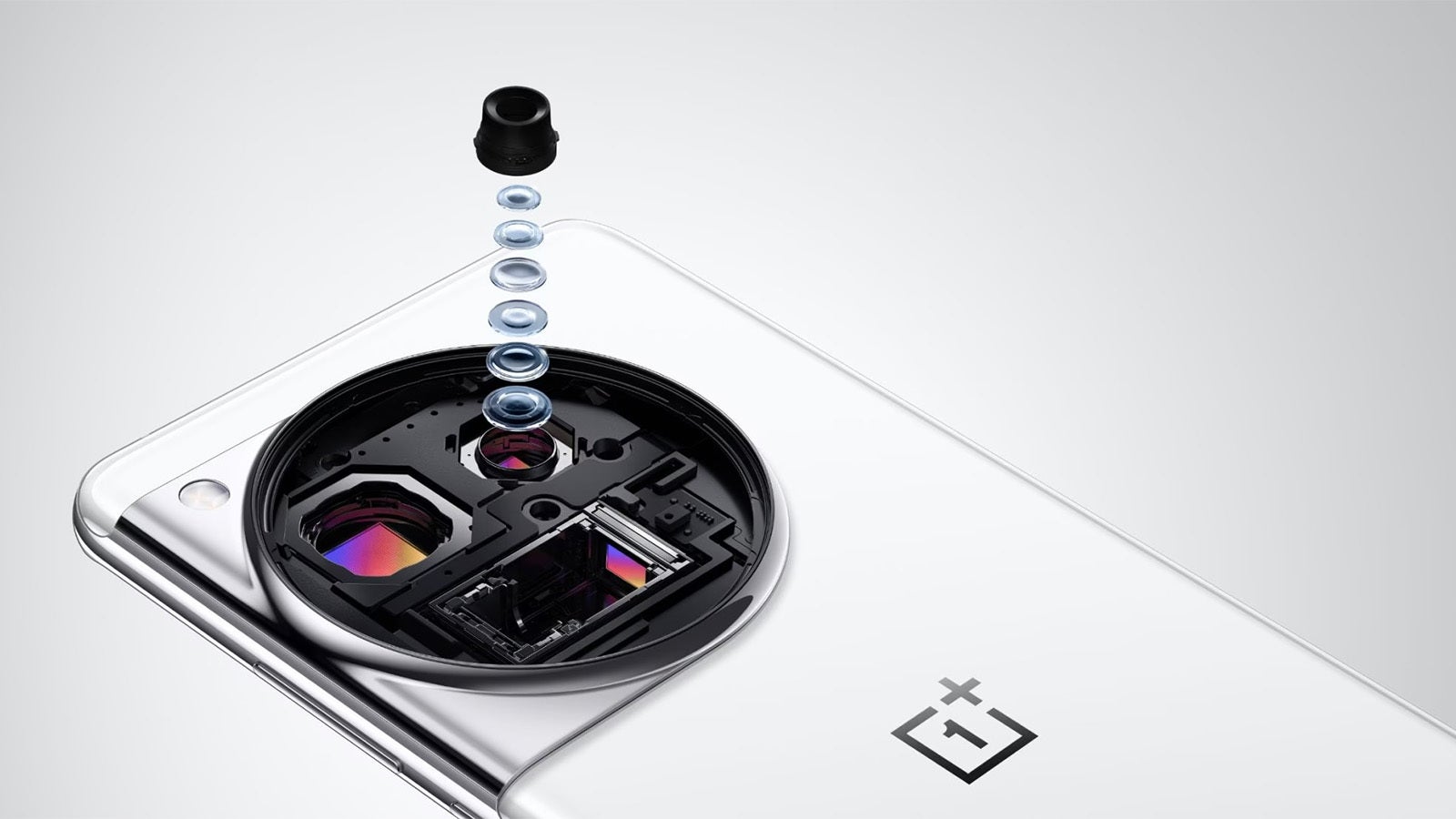
OnePlus teased the camera system of the OnePlus 12 a couple of days ago, sharing some samples from the main, ultrawide and telephoto cameras. The star of the show is the new Sony Lytia LYT-808 image sensor under the main lens. It's a 50MP sensor using Sony's dual-layer transistor pixel technology that first debuted on the Sony Xperia 1 Mark V.
This sensor sits under 23mm wide lens with f/1.6 aperture and judging by the samples, it can produce some impressive shots. There's some AI magic going on in the background as well, as OnePlus uses the new Super Light and Shadow Engine, coupled with the Hasselblad lenses and the aforementioned Sony sensor.
The telephoto lens is also very interesting, it uses the OmniVision OV64B 64MP large sole sensor, sitting under a periscope lens system capable of 3x optical zoom. When we pair that with the 2x lossless crop from the big sensor we get the equivalent of 6x optical zoom from this camera.
The ultrawide is a pretty standard deal. It uses a Sony IMX581 sensor under an f/2.2 aperture lens with 14mm focal length.
Brightest screen in the industry?
The OnePlus 12 features a collaboratively developed OLED screen, it's a BOE x OnePlus endeavor. The panel itself is 6.82 inches, slightly larger than the 6.7-inch screen on the OnePlus 11, and it has great color calibration and a mind-boggling peak brightness of 4,500 nits. We'll have to test these claims but on paper this makes it the brightest smartphone display to date, beating the 4,000-nit achievement of the Redmi K70 Pro launched earlier.
Big battery and big charging
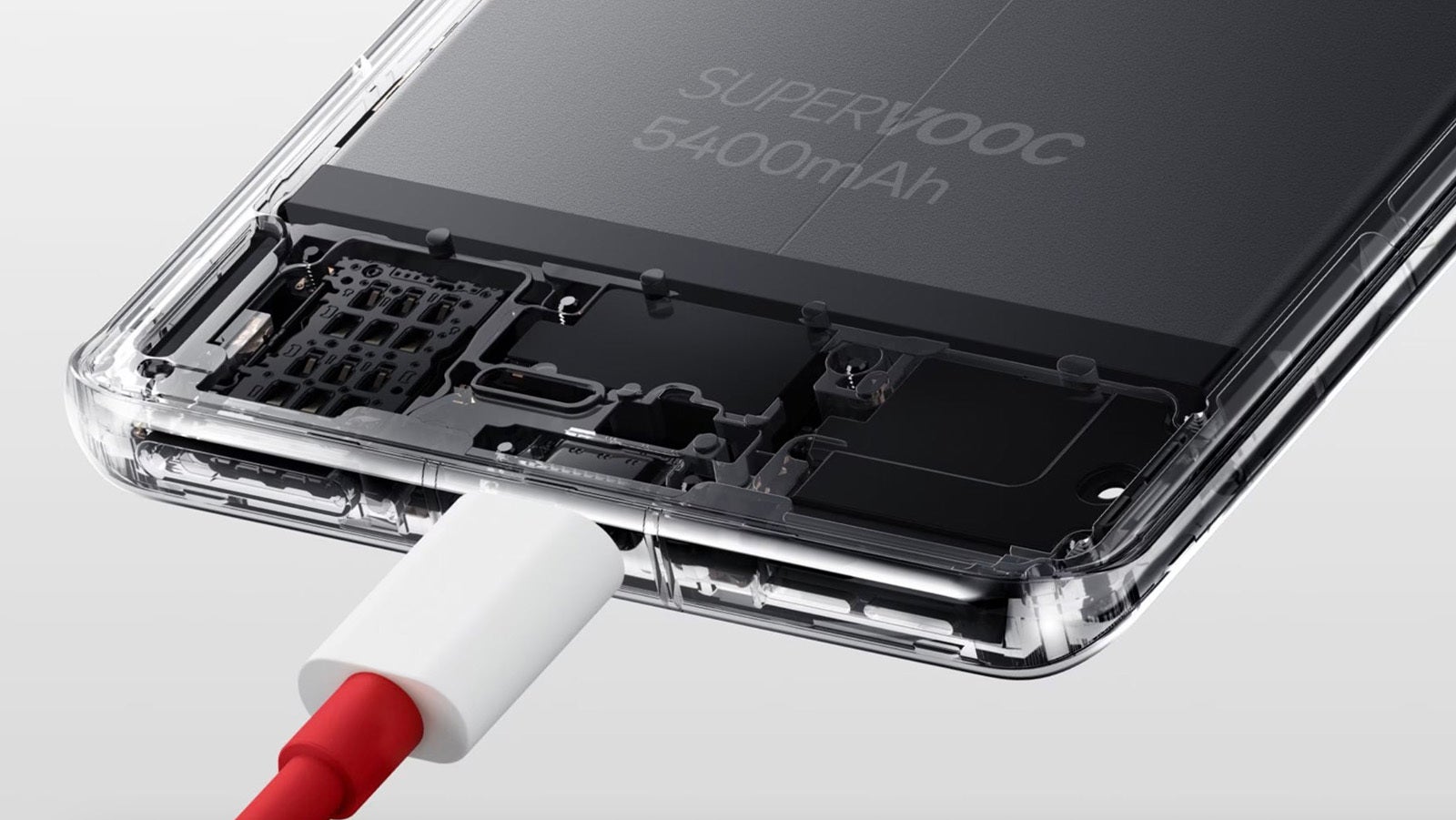
The battery inside the phone is a 5,400mAh cell, which is one of the largest in a flagship phone of this kind.
There's also 100W wired fast charging support and 50W wireless, making this phone one of the fastest charging Android phones around (keep in mind that the US-bound version of the OnePlus 11 might be limited to 80W wired charging).
The OnePlus 12 is already available for preorder in China, while the global announcement will happen in early 2024.
Pricing and availability
The OnePlus 12 is already available for preorder in China, while the global announcement will happen in early 2024.
The price in China is ever so slightly higher than the price for the company's last year flagship. The base 12/256GB model starts at ¥4,299 (around $600) and you also have a 16/512GB version, a 16GB/1TB version, and the insane top model with 24GB of RAM and 1TB of storage which costs will cost ¥5,799 (or around $820). International pricing is yet to be announced.
Follow us on Google News









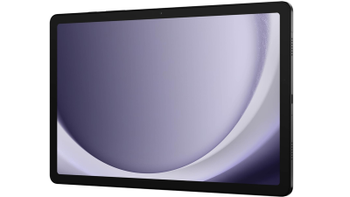
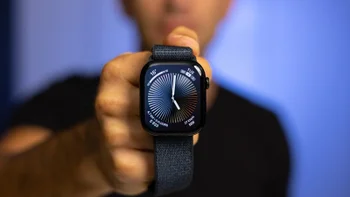
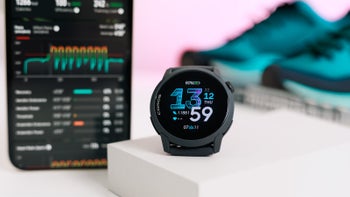
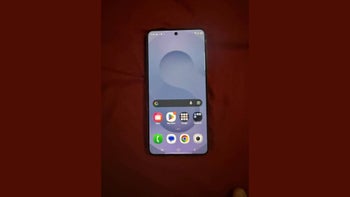
Things that are NOT allowed:
To help keep our community safe and free from spam, we apply temporary limits to newly created accounts: